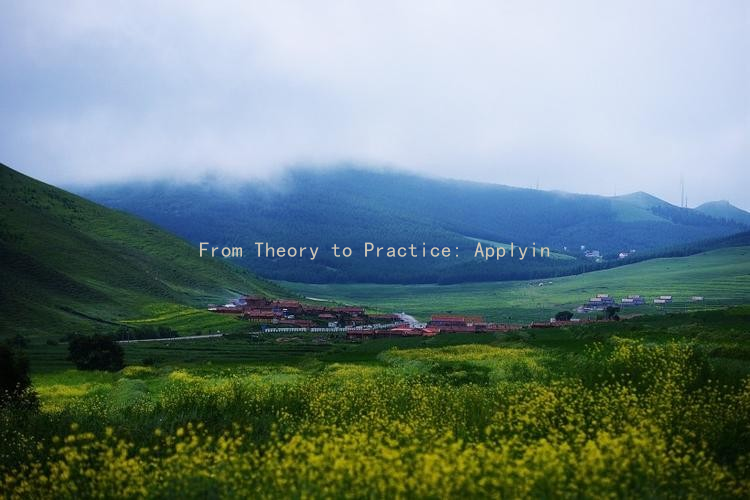From Theory to Practice: Applying Philosophical Concepts to Improve Your Romantic Life
From Theory to Practice: Applying Philosophical Concepts to Improve Your Romantic Life
In the intricate world of romance, finding a meaningful connection can sometimes feel like navigating a maze. Too often, people rely on superficial tactics or clichéd pickup lines that fail to foster real intimacy. Yet, philosophy, with its rich tapestry of thought and inquiry, offers profound insights that can be translated into practical strategies for enhancing romantic relationships. Here, we explore how philosophical concepts can be applied to improve your romantic life, making love not just a feeling but a thoughtful journey.
1. The Art of Being Present: Mindfulness from Buddhism
One of the core tenets of Buddhist philosophy is mindfulness—the practice of being fully present in the moment. In relationships, this means truly engaging with your partner rather than merely co-existing. Instead of scrolling through your phone during dinner, practice active listening. Make an effort to understand your partner’s feelings and thoughts without planning your response in advance. This conscious engagement fosters a deeper emotional connection and reduces misunderstandings.
2. The Value of Authenticity: Existentialism
Existentialist philosophers like Jean-Paul Sartre and Simone de Beauvoir emphasized the importance of authenticity—the idea that individuals must create their own values and meanings in life. In the context of romantic relationships, this translates to being true to yourself. Don’t mold your personality to fit someone else’s expectations. Instead, embrace your quirks and communicate openly about your desires and boundaries. When both partners strive for authenticity, relationships flourish with honesty and trust.
3. Practicing Empathy: The Golden Rule
Rooted in many philosophical and religious traditions, the Golden Rule encourages treating others as you would like to be treated. In romantic relationships, empathy is crucial. Make a conscious effort to see situations from your partner’s perspective. When conflicts arise, ask yourself how your partner feels and what they might need from you. By fostering empathy, you create a nurturing environment where both partners feel valued and understood.
4. The Balance of Freedom and Commitment: Hegelian Dialectics

Hegelian philosophy introduces the concept of dialectics, where two opposing ideas can coexist and lead to a synthesis. In relationships, this can be seen in the balance between freedom and commitment. While it is essential to maintain individual identities and interests, commitment creates a safe space for love to grow. Recognize that allowing each other freedom fosters mutual respect, while commitment establishes a solid foundation of trust and security.
5. The Power of Vulnerability: Stoicism
While Stoicism often promotes emotional resilience, it also encourages individuals to accept their vulnerabilities. In romantic contexts, allowing yourself to be vulnerable can strengthen bonds. Share your fears, hopes, and insecurities with your partner. This openness not only cultivates intimacy but also invites your partner to reciprocate, forging a deeper connection based on understanding and support.
6. Continuous Growth: Aristotle’s Virtue Ethics
According to Aristotle, the path to a fulfilling life lies in the pursuit of virtues. In relationships, this means committing to personal and relational growth. Set shared goals with your partner, whether they are about communication, adventure, or emotional intelligence. Regularly reassess your relationship and individually strive to embody qualities like patience, kindness, and understanding. Growth not only benefits individuals but also enriches the relationship as a whole.
7. Embracing Uncertainty: The Taoist Perspective
Taoism teaches acceptance of life’s inherent unpredictability. In love, uncertainty is inevitable. Instead of attempting to control every outcome, cultivate a mindset that embraces spontaneity and change. Be open to new experiences together, whether it’s trying an unconventional date or delving into deep, philosophical discussions. This flexibility can lead to unexpected joy and connection.
Incorporating these philosophical ideas into your romantic life can transform relationships from fleeting encounters into meaningful connections. By internalizing these concepts, you don’t just navigate love with techniques; you embark on a thoughtful journey that enhances your emotional landscape and deepens your ties with others. Remember, love is not merely a destination but a profound exploration of shared existence. Embrace the journey, and let philosophy illuminate your path.





